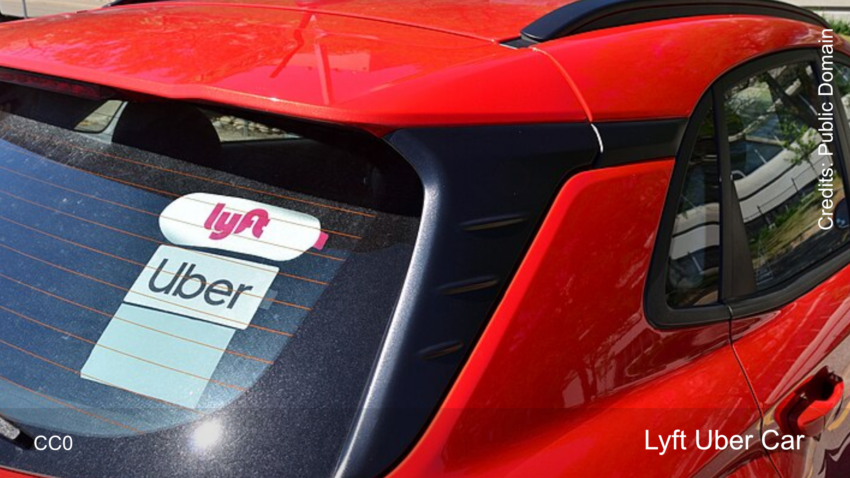The U.S. Supreme Court decided not to hear appeals from Uber and Lyft, leaving California labor lawsuits unresolved. This decision allows state lawsuits seeking back pay for drivers to continue. Both companies argued that the Federal Arbitration Act should prevent such lawsuits. They contended that drivers agreed to individual arbitration, thus invalidating state labor lawsuits.
- Supreme Court Declines to Intervene: By choosing not to hear Uber and Lyft’s appeals, the Supreme Court allows California’s labor lawsuits against these companies to proceed, keeping open the possibility of back pay for drivers misclassified as independent contractors.
- Federal vs. State Authority in Gig Economy: The companies argued that arbitration agreements should prevent state lawsuits, but California’s appeals court ruled that state officials enforcing labor laws are not bound by these agreements.
- Proposition 22’s Limited Impact: Although California voters approved Prop 22 in 2020 to classify drivers as contractors, these lawsuits continue, highlighting ongoing debates over driver rights in the gig economy.
- Implications for Future Labor Law Cases: This decision could set a precedent for other states as they consider worker classification laws, reflecting broader tensions between federal arbitration rules and state labor protections.
The state appeals court ruled that state officials are not bound by arbitration agreements they haven’t signed. According to CNBC, the California Attorney General and Labor Commissioner sued Uber and Lyft four years ago for misclassifying drivers as independent contractors. This classification denied drivers benefits such as paid sick leave, expense reimbursement, and minimum wage.
Despite the 2020 voter approval of Proposition 22, which supported companies’ rights to classify drivers as contractors, the lawsuits persisted. The state appeals court confirmed that California officials could enforce labor laws through these lawsuits. Justice Jon Streeter stated that these officials act not on behalf of drivers but to enforce state labor laws.
This legal battle continues as a significant clash between state labor laws and federal arbitration rules. The California Employment Law Council, representing private employers, supported Uber’s appeal. They argued the state should not bypass arbitration agreements. Paul Grossman, a lawyer for private employers, noted California courts’ aversion to arbitration.
In recent years, the conservative Supreme Court has often sided with businesses favoring arbitration. Last year, the justices struck down parts of California law that allowed private attorneys to sue on behalf of groups despite individual arbitration agreements. This trend highlights ongoing tensions between federal and state interpretations of labor laws.
The implications of this decision are profound for California’s gig economy. Drivers working for companies like Uber and Lyft remain in a legal gray area. While Proposition 22 was supposed to clarify their status, the ongoing lawsuits demonstrate unresolved issues. The Supreme Court’s refusal to hear the appeals leaves the matter in California’s hands.
Observers note that this decision could influence future labor disputes involving gig economy companies. With millions relying on gig work, the classification of drivers has significant economic implications. The outcome of these lawsuits could set precedents for other states grappling with similar issues.
For now, the labor lawsuits against Uber and Lyft will proceed. As state officials continue their enforcement actions, the gig economy’s legal landscape remains uncertain. The Supreme Court’s decision underscores the complex interplay between state and federal laws in shaping labor rights.

